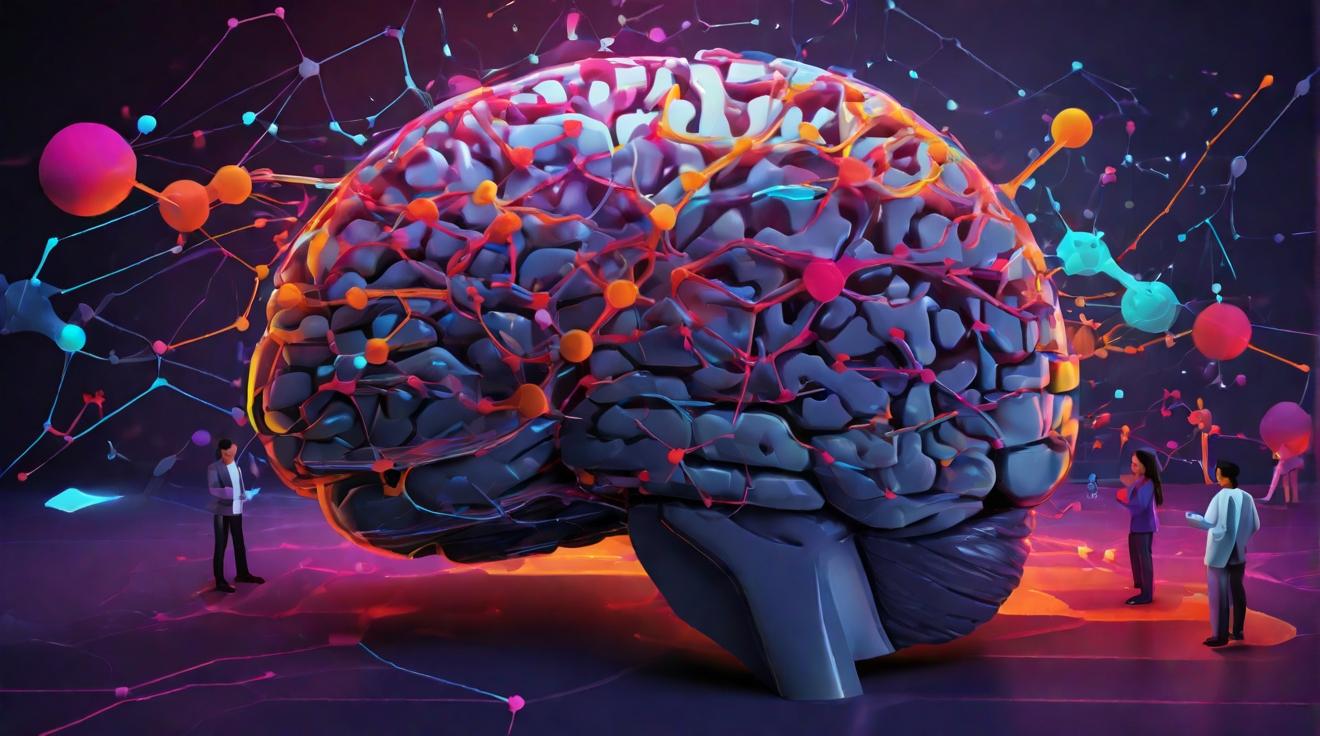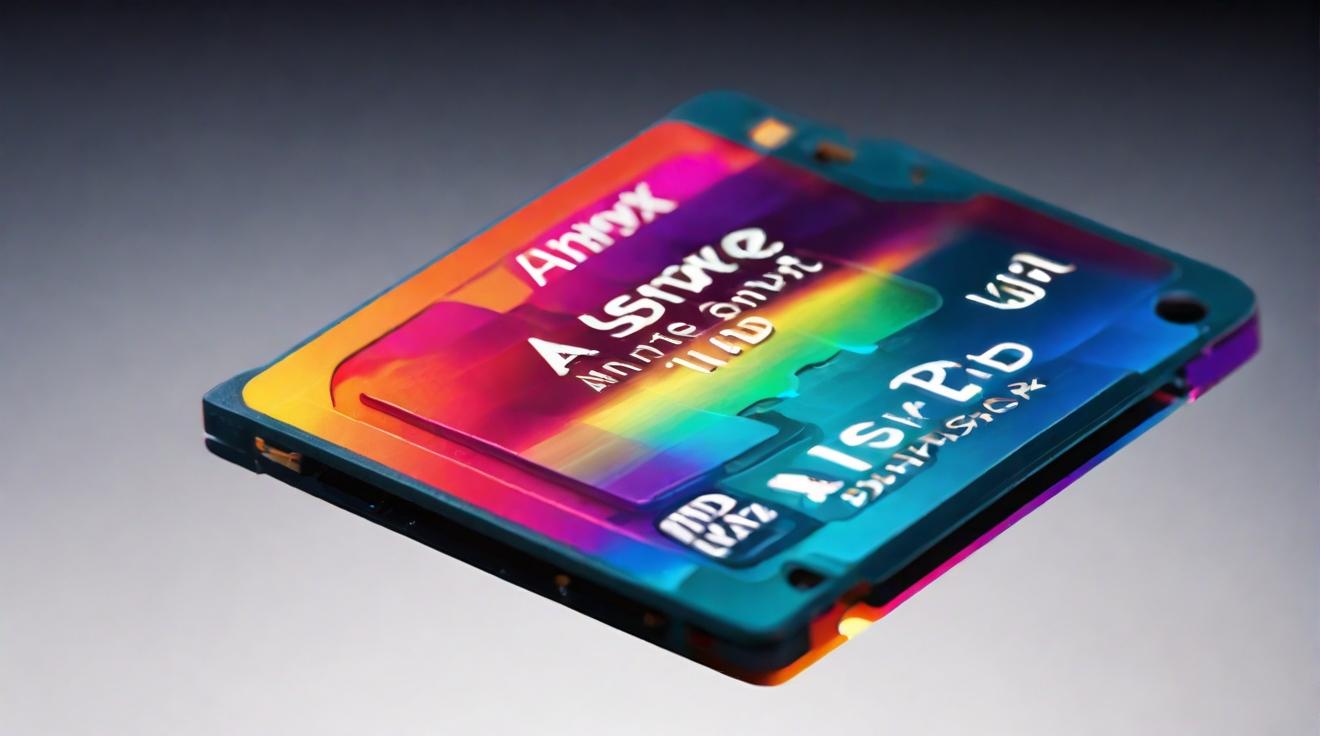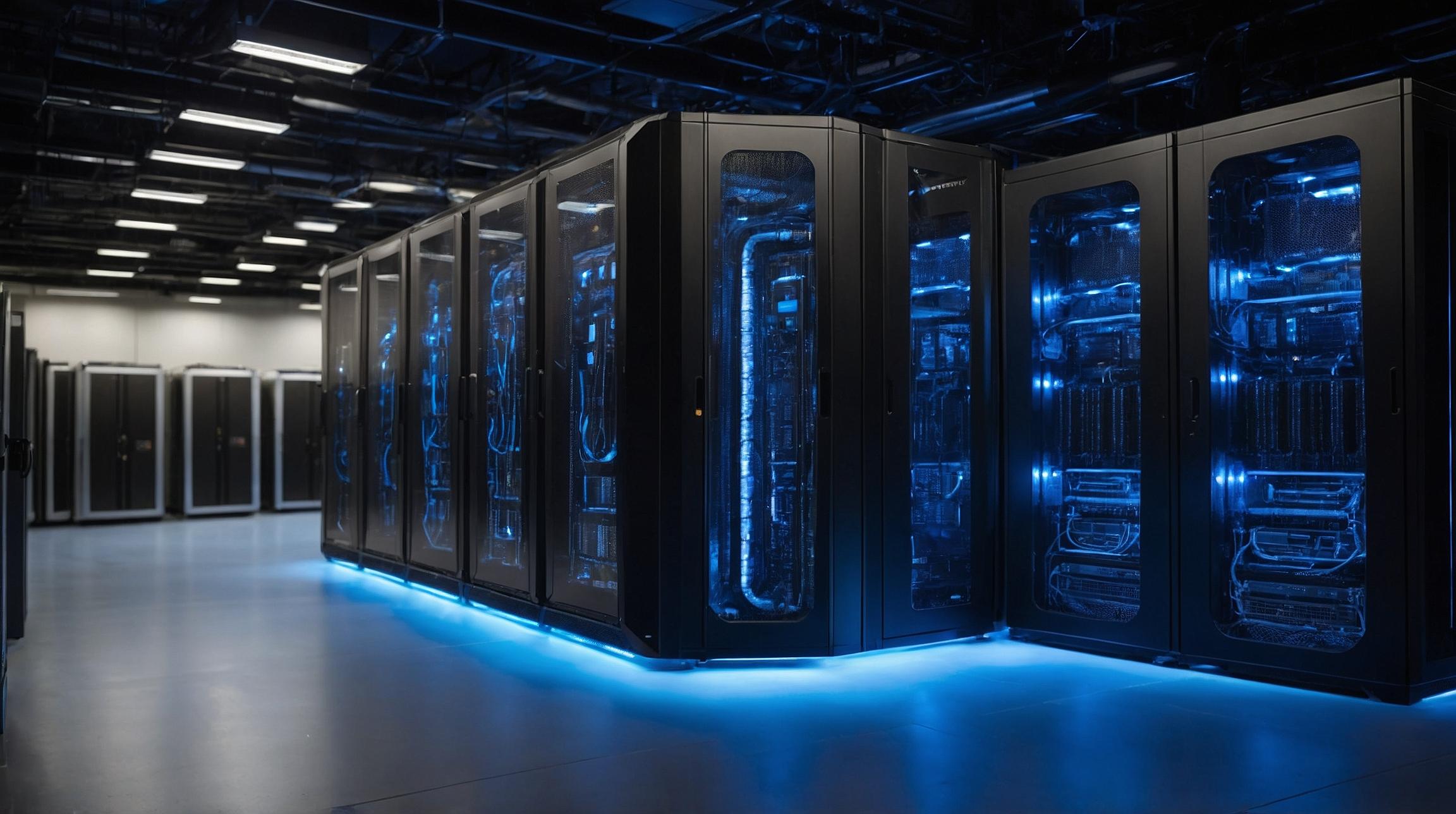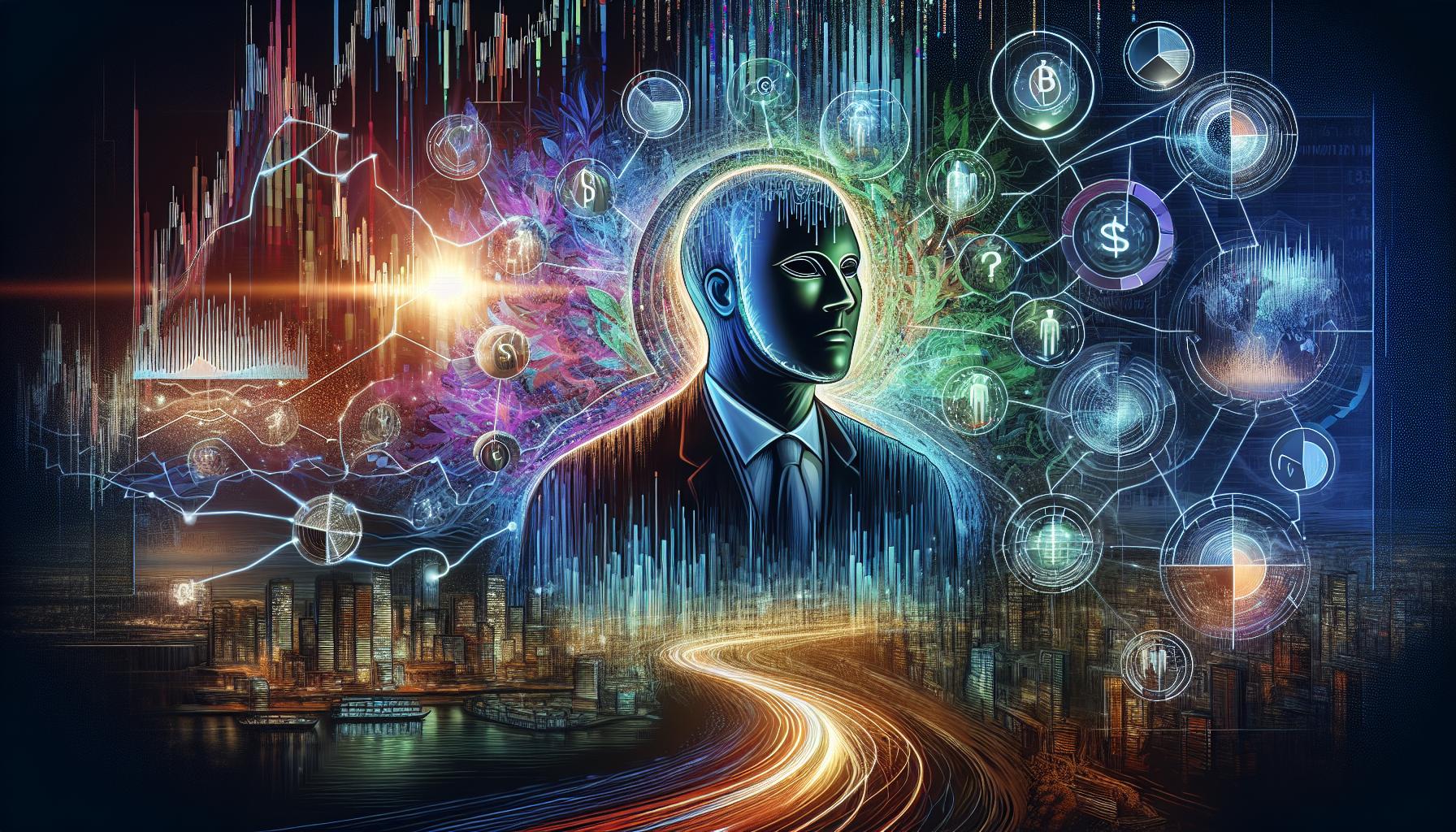Artificial Intelligence in Drug Discovery Market Set to Reach $11.15 Billion by 2030
The Artificial Intelligence (AI) in Drug Discovery Market is experiencing significant growth, projected to reach $11.15 billion by 2030, according to a recent report. The market, valued at $722.3 million in 2022, is expected to grow at a compound annual growth rate (CAGR) of 40.8% during the forecast period from 2023 to 2030.
The integration of AI in pharmaceutical research and development is transforming the drug discovery process. Utilizing machine learning algorithms, deep learning models, and data analytics, AI expedites the identification of novel drug candidates. By sifting through vast datasets containing biological, chemical, and clinical information, AI aids in identifying therapeutic targets and predicting compound efficacy.
Moreover, AI streamlines and enhances the drug development process by speeding up target identification, compound screening, and clinical trial design. This advancement not only improves the chances of successful outcomes but also pushes forward the frontier of personalized medicine by tailoring treatments to individual patient profiles.
The market’s growth is fueled by the exponential increase in data generated during drug development and the rising demand for novel therapeutics. Collaboration between pharmaceutical companies and AI solution providers is driving innovation and the development of sophisticated tools to accelerate the drug discovery process.
The market segments covered in the report include software, services, machine learning, deep learning, and others. Additionally, the report explores the end-use sectors, such as pharmaceutical & biotechnology companies, contract research organizations, research centers, and academic & government institutes. These applications span across various diseases and conditions.
Despite the promising growth, there are challenges that must be overcome. The need for understandable and explainable AI insights in drug discovery, ethical concerns, and potential biases in algorithms are among the hurdles that must be navigated. Additionally, the recession and geopolitical events, such as the Russia-Ukraine War, introduce additional complexities by impacting funding, supply chains, and emphasizing technological self-sufficiency.
The North American region leads in investments and AI research development, followed by Europe with its collaborative initiatives. However, the Asia-Pacific region, especially China and India, is rapidly emerging as a key player in the field due to their cost-effective and efficient approaches to drug development.
In conclusion, the artificial intelligence in drug discovery market is poised for substantial growth. Technological advancements, increasing collaborations, and a focus on optimizing the drug development process are driving this market forward, despite the challenges and global complexities it faces.
Analyst comment
Positive news: The Artificial Intelligence in Drug Discovery Market is projected to reach $11.15 billion by 2030, experiencing significant growth with a CAGR of 40.8% from 2023 to 2030. AI is transforming the drug discovery process, expediting identification of drug candidates and enhancing drug development. Collaboration between pharmaceutical companies and AI solution providers is driving innovation and development of tools. Challenges include explainable AI insights and potential biases in algorithms. North America leads in investments and research, while Asia-Pacific is rapidly emerging as a key player.
Analyst prediction: The artificial intelligence in drug discovery market will continue to experience substantial growth due to technological advancements and increasing collaborations. Despite challenges and global complexities, such as the need for explainable AI and geopolitical events, the market will expand, with Asia-Pacific gaining prominence in the field.













